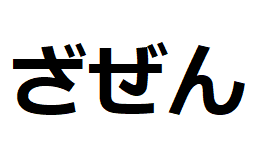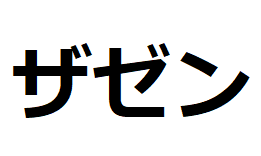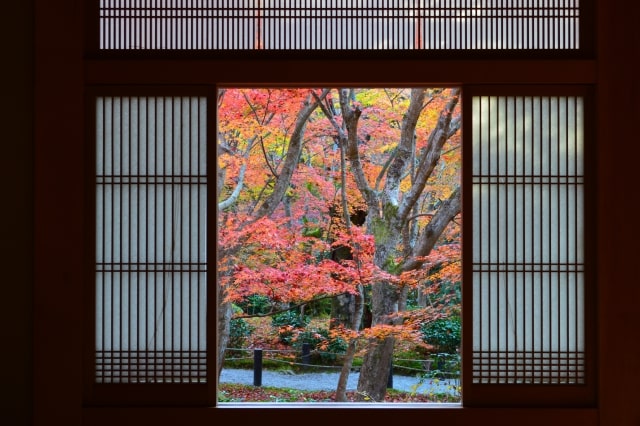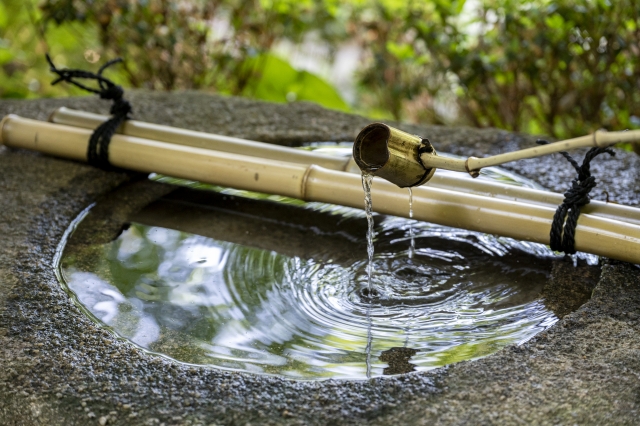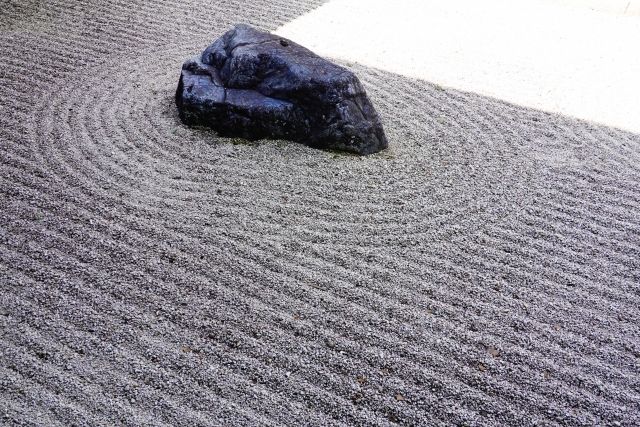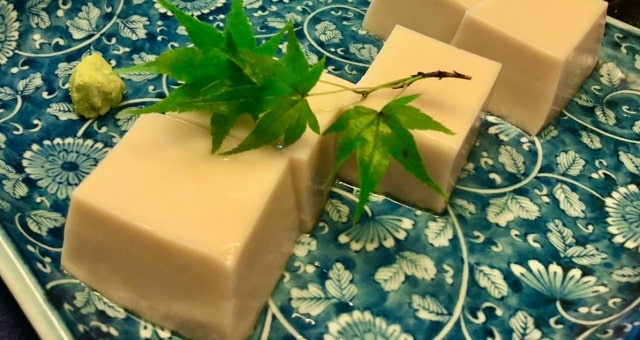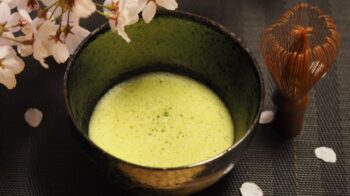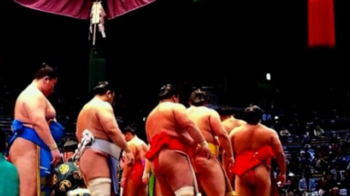Zen
Welcome to the world of Zen.
What is Zen?
Although it is impossible to define Zen, we could infer something from the definitions below:
1) communication without speech
2) expression without language.
1. Zen
History
Zen came from China in the late 12th century as a sect of Buddhism.
Soon after its introduction, it became popular among Samurais of the dominant class.
Because they valued
i) silence,
ii) self-control,
iii) simplicity
which Zen repeatedly emphasizes in its teaching.
In the 14th century, cultural activities such as tea ceremony (Sadou), gardening art or painting developed among the Zen monks.
Since then, Zen has had a huge influence on the Japanese spiritual world.
Religion?
Although Zen is a sect of Buddhism, it is often considered as a philosophy rather than a religion.
Because religion is generally defined as the belief in and worship of a superhuman controlling power, especially a personal God or gods.
According to this definition, Zen is fundamentally a philosophy and a way of life rather than a religion.
2. Zazen
Zazen forms the basis of Zen.
But what’s Zazen?
To put it simply, it’s a spiritual meditation born in India.
In the Zazen, the practitioner sits cross-legged with a perfectly straight back and slightly opened eyes.
In Particular, breathing is important in Zazen.
The practitioner should breathe regularly without any strain.
Emphatically, this meditation consists of an internal communication with oneself.
While believers in other sects of Buddhism stressed sutra recitation or invocations, the truth seekers in Zen try to achieve enlightenment through Zazen.
2. Zen Temple (Dojo)
As is often the case with Japanese culture, the best way to touch the Zen spirit is to actually practise the Zazen and the best way to practise the Zazen is to stay in some temples (Dojo).
The following temples openly accept tourists.
Not only Zazen practice, they also offer accommodation and meals called Shojin-ryori.
1) BOGETSU-an.
Located in Koshu city, Yamanashi prefecture, the BOGETSU-san belongs to ERINJI, a family temple of Takeda Shingen.
By staying in this temple, you can experience Zazen lead by Japanese priest, traditional tea ceremony and Japanese vegetarian food.
Let’s release your mind and detox your body.
For detailed information
⇒Click the image
2) Zen- Kappa Dojo
Zen-Kappa Dojo locates on the hillside of Gosikidai (Takamatsu city, Kagawa prefecture).
Incidentally, this Goshikidai is a plateau of 400 meters above sea level and belongs to the Seto Inland Sea National Park.
In addition, this place is known as the producing area of sacred stone called “sanukites” .
For detailed information
⇒Click the image
3) Temple Stay Seizanji
Seizanji temple locates on top of a hill in the center of Tsushima, Nagasaki prefecture.
As a result, the temple commands a splendid view.
In addition, Seizanji temple offers travelers of the world to share their everyday lives.
Therefore you can experience the traditional aspect of Japanese culture in everyday life styles.
For detailed information
⇒Click the image
– What’s Shojin ryori ?
Shojin- ryori is, what we call, vegetarian dishes.
In addition to vegetables, it mainly consists of tofu (bean curd), yuba (soy- milk skin), namafu (wheat gluten), and natto (fermented soybeans).
Even dashi (soup stock) is made from vegetables such as kelp and shiitake mushrooms.
Forbidden to eat meat and fish, Buddhist monks developed Shojin using limited ingredients.
However, today, Shojin dishes are considered as a gourmet experience, both sophisticated and healthy.
3. Kanji and Kana
1) Kanji
To learn Kanji (Chinese characters) is always interesting and beneficial to understand what the word means.
Through Kanji, we can virtually grasp not only the meaning of the word, but also the background it was born in.
Kanji for Zazen is 座禅.
Of course the Kanji 禅 means Zen.
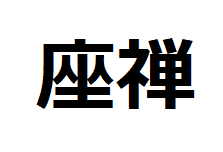
Firstly, 座.
座 means sit down. Undoubtedly, this Kanji describes that we do Zazen in sitting position.
Secondly, 禅.
Originally, the Kanji 禅 meant the high place to offer prayers to heaven and gradually, it came to indicate the acts of worshipping.
Historically, Zen derives from the Sanskrit word Dhyana which signifies meditation or absorption. According to the most supported theory, in the process of translating this word into Chinese, they chose the character 禅.
2) Kana (かな)
By the way, there are two phonograms (kana) in Japanese: 1) Hiragana and 2) Katakana.
According to the most supported theory, both of them were formed by adopting one element of a Kanji character with similar sounding.
Originally, Hiragana were only for women. But today, it has by far the wider usage.
As for 2) Katakana, we use it mainly for foreign origin words.
Incidentally, there are 46 characters in both Hiragana and Katakana systems.
As for Zazen, Hiragana is ざぜん and Katakana is ザゼン.
